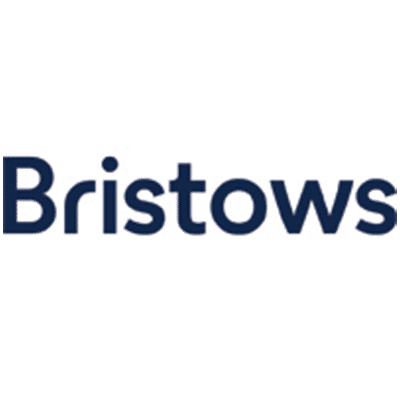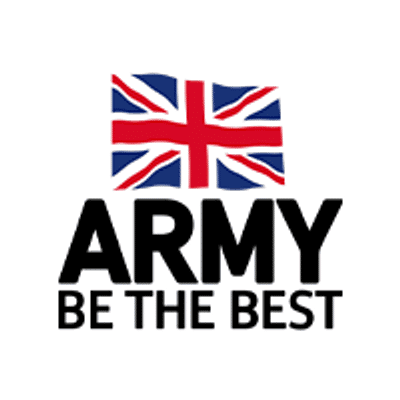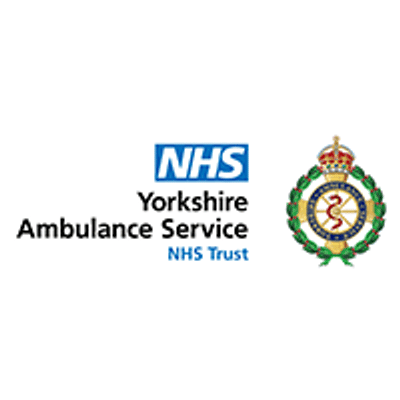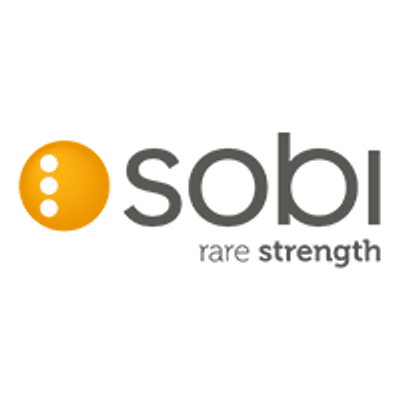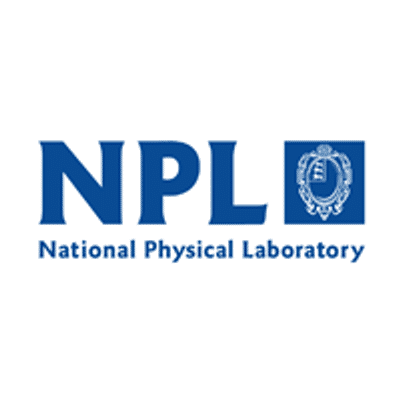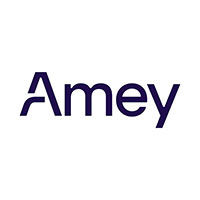
Science and Research Placements
Studying science but not sure which direction to take your career? Science and research placement years are your chance to explore different paths whilst earning money and gaining real-world work experience for your CV.
You’ll spend a year working alongside industry experts on real projects while building skills that’ll set you apart. Read on to discover science and research placements and how you kickstart your career

What is a science and research placement?
As a science and research placement student, you’ll spend one year working full-time in a paid position for an employer between your second and final year at university.
It’s not just your chance to gain some work experience. Think of a science placement as your time to discover what you truly want from your career. You’ll meet a range of people who you’ll learn a lot from, spend loads of time in a lab or on the field using all that juicy knowledge you picked up during your first and second year and applying it to real scenarios.
You’ll build skills and go back into your final year with confidence. They’re also a great way to score a graduate scheme once you’re finished.
Can’t do a placement? Science internships are a brilliant alternative. You’ll get real research and lab experience and skills employers love, in a shorter time frame.
What do you do on a science and research placement?
Whatever your science interests are; whether that’s biochemistry, environmental science or pharmaceuticals, you’ll spend your time working on real projects that actually matter.
Your day-to-day will depend on the type of placement you’re on. But, you can expect to get on with some of the following:
Get hands-on in the lab. Mix chemicals, run tests, and keep equipment running smoothly. You'll set up instruments and keep records.
Dive into research. Design questionnaires for clinical trials, analyse real data sets, and spot process errors. Your fresh perspective helps identify issues some might miss.
Get technical. Handle computer data, write scientific reports, and learn Good Scientific Practice (GSP).
Learn from the best. Work alongside senior researchers, scientists and staff. They’ll teach you everything and you’ll help on actual projects.
Here's what a science student had to say about their year in industry:

“After the first couple months of getting trained and settled in, you are given a lot of responsibility. You are allowed into the laser labs for independent work. Help is available at any point if you ask for it but you are encouraged to tackle problems yourself first. I improved practical skills; learnt LabVIEW and MATLAB, improved technical writing for reports etc., presented at work and to academics in the field at conferences.” Laser Scientist, Science and Technology Facilities Council
What types of science and research placement can you do?
Science is a massive industry and there are so many different fields to explore. Here are some science and research placements you could do:
Pharmaceutical & Biotechnology. You’ll work on medicines that reach millions of people. You could do a placement as a Clinical Research Associate, Biomedical Technician, or Regulatory Affairs Assistant.
Chemical Science. You’ll develop new materials and sustainable solutions. Placements you can do in chemical science include Laboratory Technician, Product Development Trainee, or Quality Control Analyst.
Environmental Science. Care about the future of the planet? You’ll tackle climate change and conservation projects. You might work as an Environmental Monitoring Officer or Field Research Assistant.
Food Science. You’ll help keep food safe and help develop new products. You could work as a Food Technologist, Food Safety Inspector or Quality Control Analyst.
Academic Research. You’ll support research projects in university labs. You can apply for Research Assistant or Data Analyst positions.
Now you know the types of placements you could do, where can you do them? Let’s find out next.
Where can you do a science and research placement year?
Laboratories are a huge part of the industry, but you might not spend all your time in one. From universities to research centres and even supermarkets, there are all sorts of places that offer science and research internships. Here are some of the top science employers looking for you to join their placement programmes:
Here’s what one placement student felt about their time at Unilever as a biochemistry lab technician:

“I really enjoyed my placement. A perfect balance of new experiences without being over worked or pressured. Taking PTO was never scrutinised and everyone understood I had university work to do alongside my placement and so adjustments were made to give me time during work hours to complete that and not have to spend all my free time dedicated to it. All in all I was surprised by the level of friendly people I met and how enjoyable a proper 9 to 5 job was after working part time bar jobs through university.” Biochemistry lab technician, Unilever
How much do science and research placements pay?
That can usually depend on the company you’re working for and where you’ll be based, but you could earn anywhere between £15,000 and £25,000 a year as a science and research placement student.
There’s so much potential to earn loads more as your expertise grows. Thinking about doing a science graduate scheme after graduation? You could earn between £26,000 and £35,000.
Science careers can be super well paid with some roles reaching just over £90,000 per year.
Remember: a placement year will enable you to gain great skills on your CV, so finding a graduate role in science will be slightly easier. Then you’ll be on your way to earning a decent salary.
How do you apply?
Companies start looking for placement students as soon as second year begins (September onwards). Placement schemes fill up pretty quickly too, so it’s worth getting your applications in early.
The good news? Most employers follow a similar application process. You can expect it to go a little like this:
You’ll start by filling in an online application form and attaching your CV. Always tailor your CV and application answers to the role you’re applying for. Many companies will also ask you to take part in online testing or video interviews. Don’t worry, these are only to see how you think and work.
Passed that round? You’ll have a quick telephone chat with a recruiter to find out more about the role. You’ll then either be invited to an assessment centre where you’ll spend a day at a company’s office and take part in group tasks and your final face-to-face interview. Some companies might just interview you right away instead of an assessment centre.
It sounds like a lot, but it’s all about making sure both you and the employer fit. Employers are super clear about their application process and you’ll find loads of help throughout.
You can find application and interview advice right here. And keep scrolling down the page to apply for a science year in industry.













